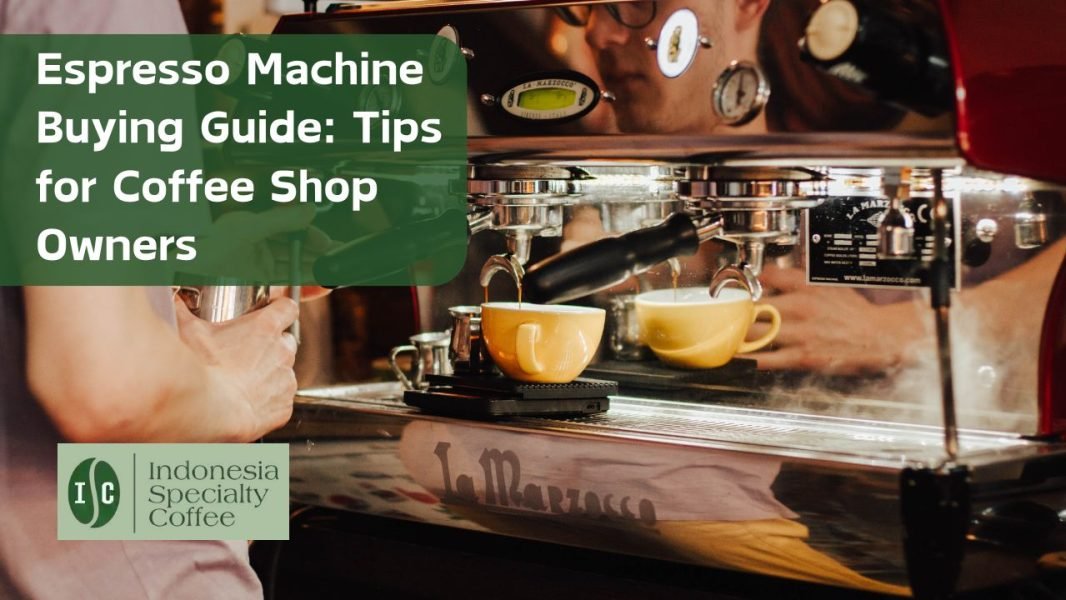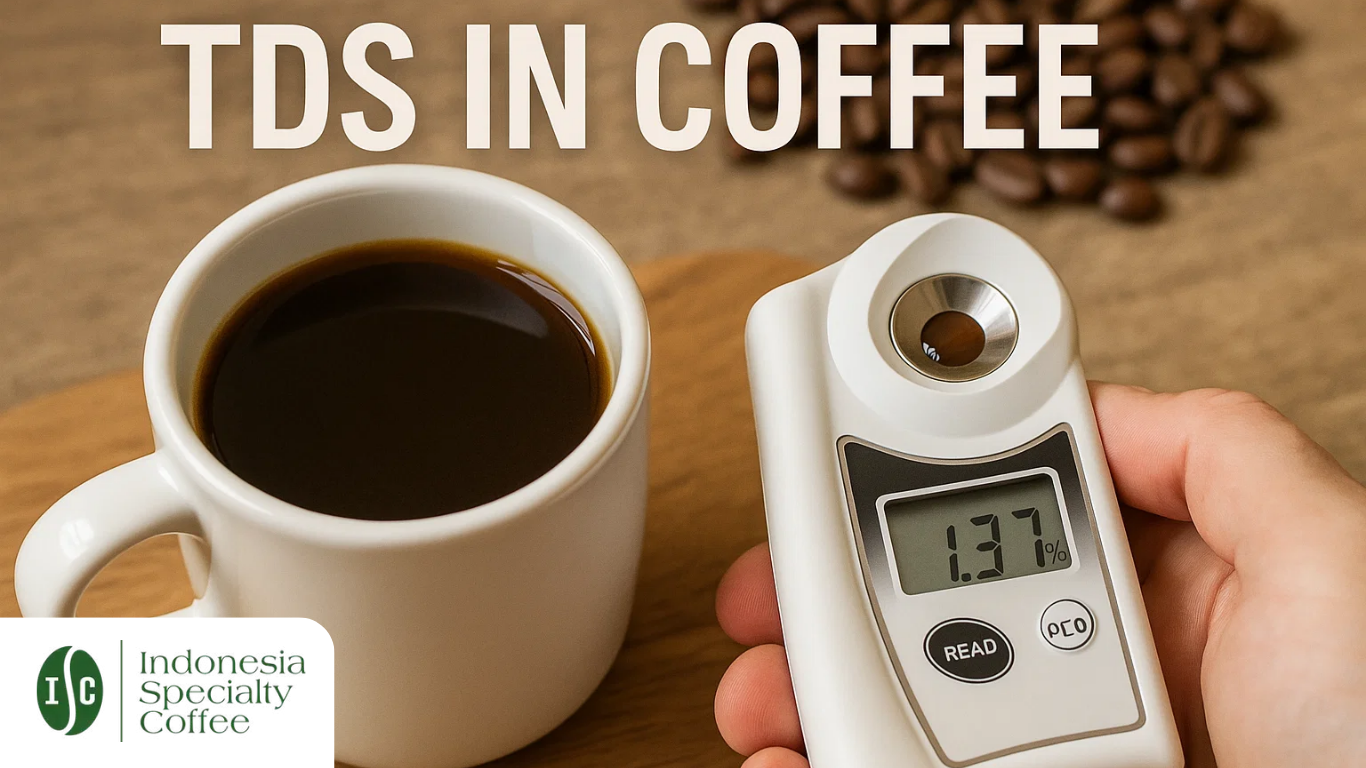As the coffee industry grows, it becomes an increasingly promising business opportunity. Coffee drinking has transformed into both a necessity and a lifestyle. To meet the demand for high-quality coffee, investing in a good espresso machine is essential. Choosing the right machine is critical, as it represents a significant investment. Here are some tips to help you make the right decision when purchasing an espresso machine.
1. Boiler Type
The boiler is a key factor to consider, as it determines the capacity of your coffee shop. If you’re planning to open a small-scale coffee shop with a general audience, a single boiler machine will suffice.
However, if you aim to focus on a larger coffee shop with a high customer volume from the start, you’ll need a machine with a heat exchanger or dual boiler system.
2. Size and Group Configuration
Choosing the right espresso machine can be challenging, especially if you’re new to the coffee shop business. A 3- or 4-group machine might look impressive, but the price can be equally striking. These machines are designed for large-scale coffee shops with high daily customer turnover, as their multiple groups allow for faster service during busy hours.
If you’re opening a smaller coffee shop with a moderate customer base—perhaps serving up to 40 kilograms of coffee per month—a 2-group machine would be a more practical choice.
3. Temperature Stability
While all multi-boiler machines serve the same primary function, their performance can vary significantly in maintaining consistent brewing temperatures. Temperature stability is crucial in producing high-quality espresso and espresso-based beverages.
Many modern multi-boiler machines are equipped with PID (proportional-integral-derivative) controllers, which provide superior temperature control compared to traditional thermostat systems. If you’re deciding between the two, PID systems are the better choice for precise temperature regulation.
4. Group Head
Why is the group head an essential factor to consider when buying an espresso machine? Because it significantly impacts the brewing process. Although the design of a group head may seem simple, it often determines temperature stability after brewing. In some cases, the group head can even cause the temperature to become excessively hot. For maintaining stable air circulation, the E61 group head is widely regarded as the best design.
However, a newer design called the saturated group head offers even greater advantages compared to the E61. This design connects the group head directly to the brew boiler, allowing hot water from the boiler to flow straight into the group, enhancing efficiency and consistency.
5. Appearance and Design
As a signature feature of any coffee shop, an espresso machine serves as a focal point that catches the eye of visitors. For this reason, the design of your espresso machine should be visually appealing. An aesthetically pleasing or even luxurious espresso machine can create a “wow” factor for your customers. Indirectly, the machine’s design also contributes to your coffee shop’s branding and overall image.
The Conclusion
These five points are key considerations among many other aspects when purchasing an espresso machine. By focusing on these essentials, you can make an informed decision and ensure your investment supports the success of your coffee business.








